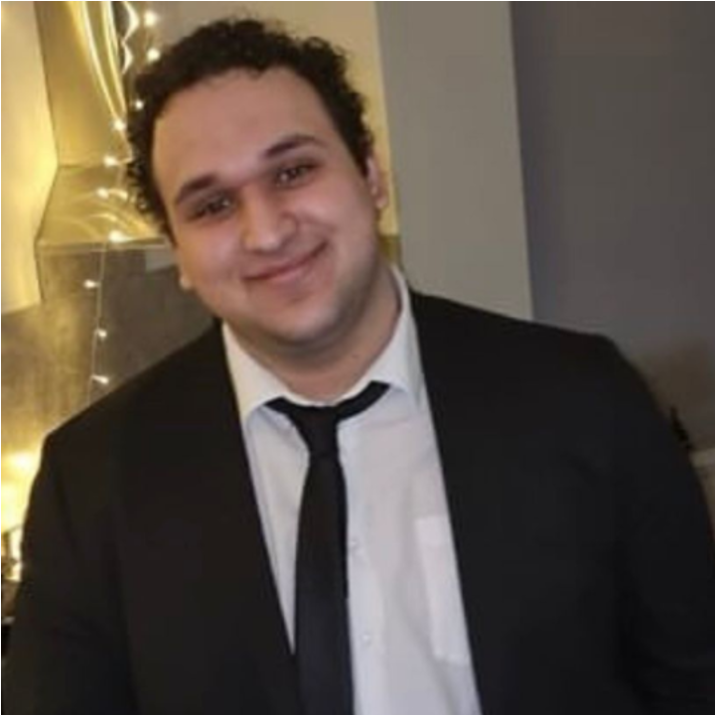Contact our Student Action Network
The Student Action Network Committee (STAN Committee) is a group of elected student organisers who help lead Amnesty’s student movement. They support student groups across the country to run powerful campaigns, win human rights victories on campus, and grow our collective impact.
The committee works to connect students, develop new leaders, and strengthen our network so that together we can build a powerful student movement that defends human rights on and off campus. Each member supports a region of the UK, staying in touch with local groups and offering advice, while also driving forward national campaigns and projects that bring students together to take action.
If you’re unsure of which STAN Committee rep to contact, please contact the brilliant STAN Co-Chairs;
Marvella Ukegbu, Marvella.Ukegbu@amnesty.org.uk
Adam Shaw, Adam.Shaw@amnesty.org.uk
Instagram: @students_aiuk
Meet the 2025/26 Student Action Network Committee!
Northern Ireland
Muhammad Abdul Rehman (he/him)
Northern Ireland Rep/ Anti-Racism and Racial Justice Officer
Email: Muhammad.AbdulRehman@amnesty.org.uk
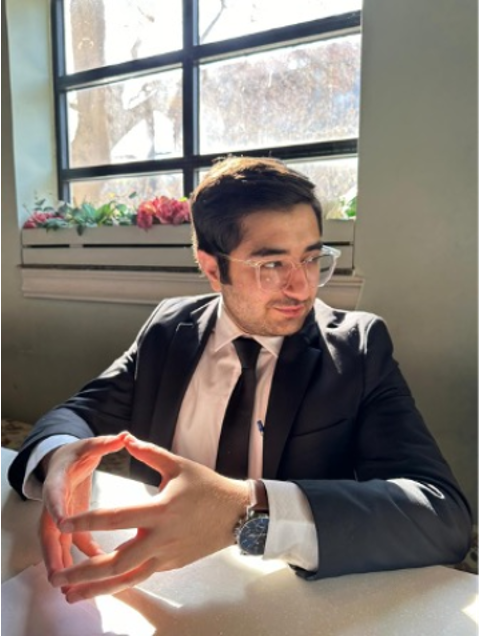
Scotland
Emma Cook (she/her)
Scotland Rep/Disabled Students Justice Officer
Email: Emma.Cook@amnesty.org.uk
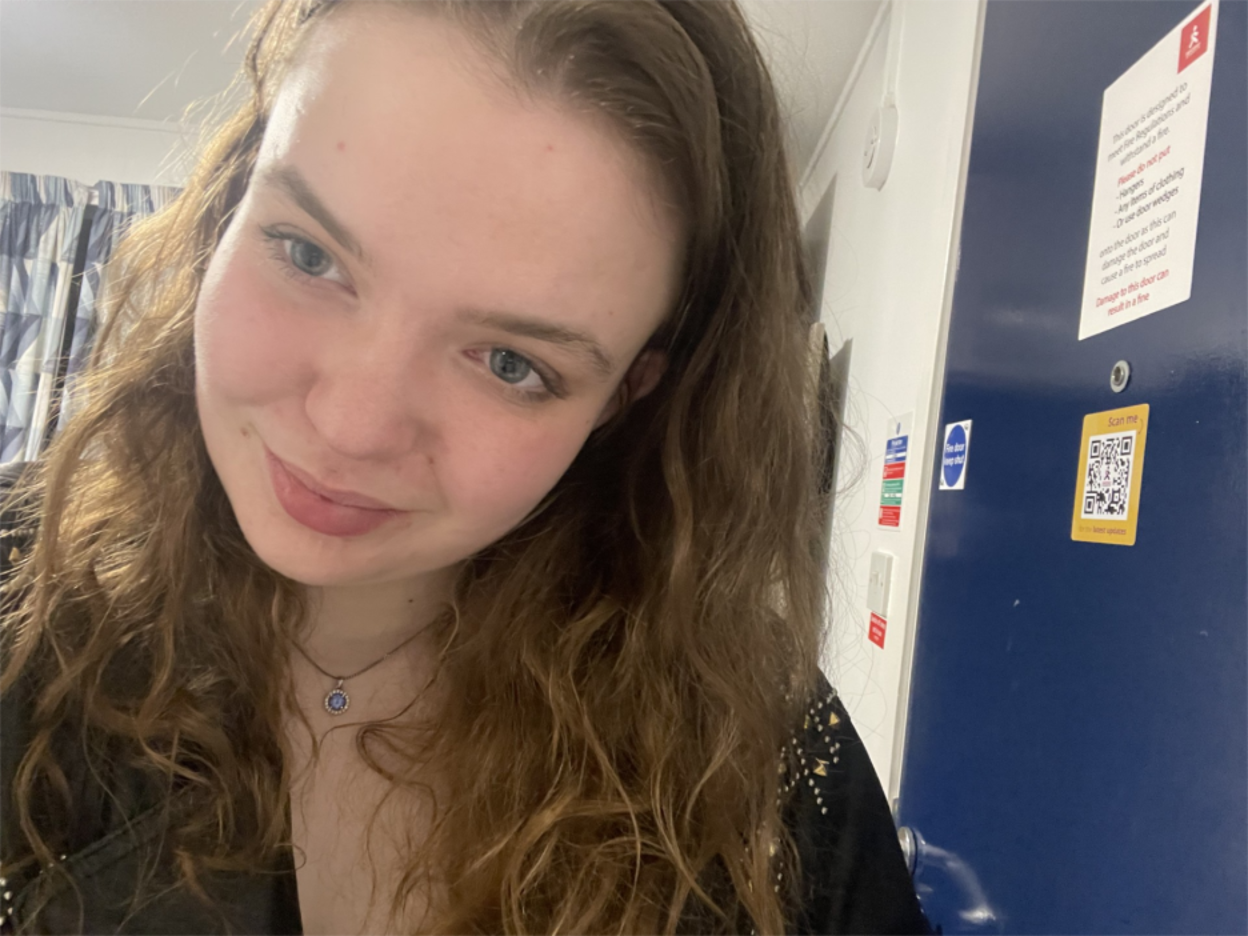
Sorcha Boersma (she/her)
Scotland Rep/Student-led Campaigns Officer
Email: Sorcha.Boersma@amnesty.org.uk
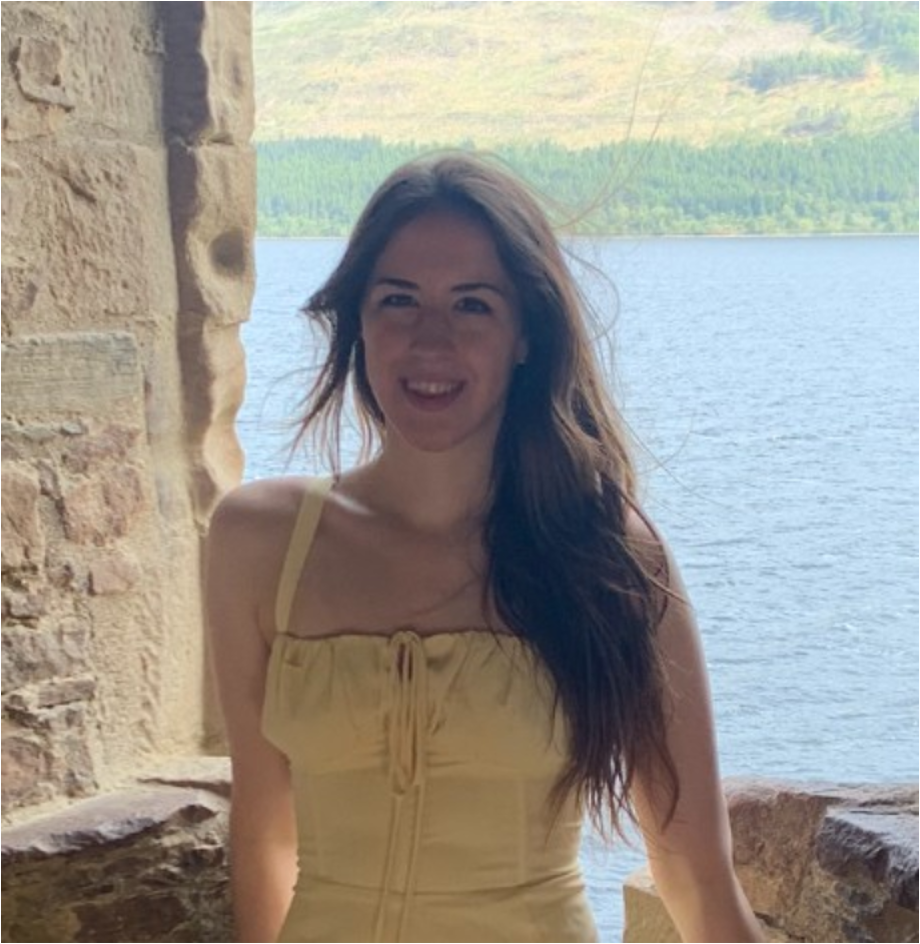
Ailig Garbh-Dòmhnallach (they/them)
Scotland Rep/Socio-economic Justice Officer
Email: Ailig.Garbh-Domhnallach@amnesty.org.uk
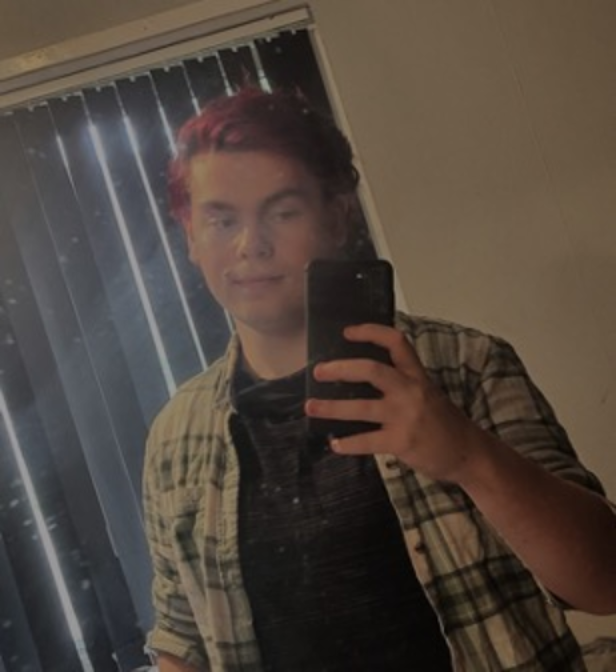
North England
Hadiyah Zaman
North England Rep/ Anti-Racism and Racial Justice Officer
Email: Hadiyah.Zaman@amnesty.org.uk
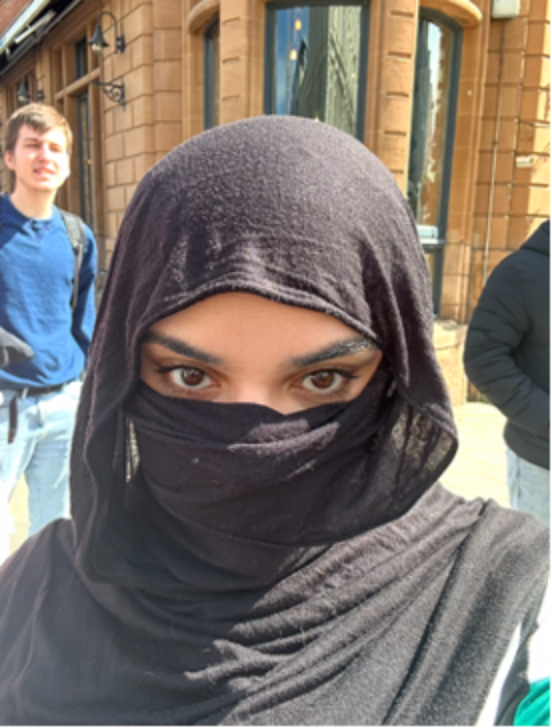
Ashley Kwan (she/her)
Northern England Rep/ Social Media Officer
Email: Ashley.Kwan@amnesty.org.uk
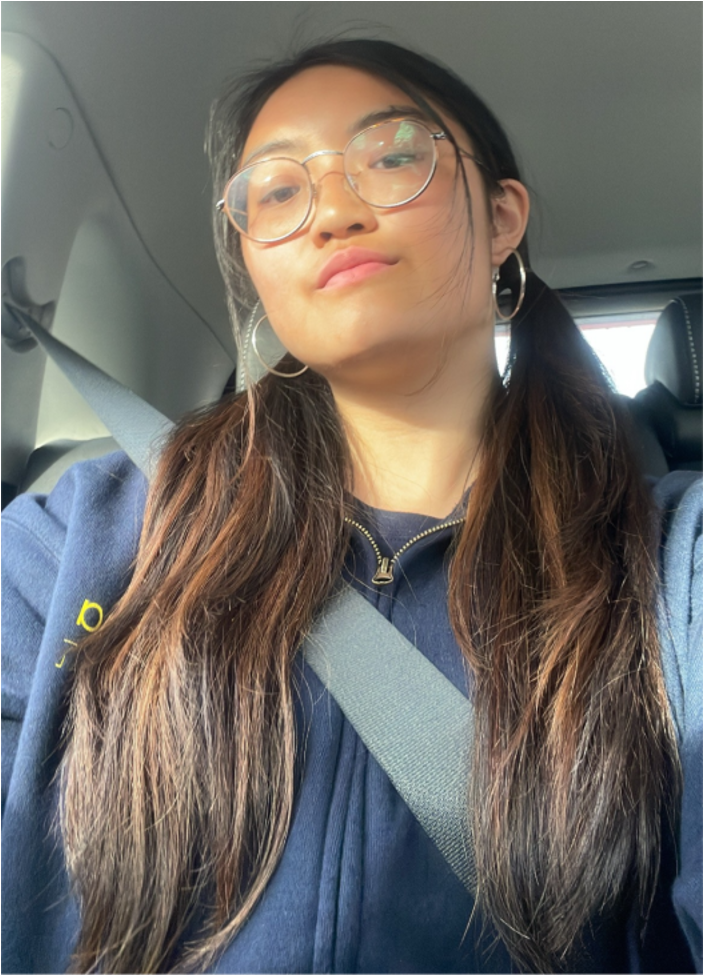
Grace Taylor-Stokes (any)
Northern England Rep/ Gender Justice Officer
Email: Grace.Taylor-Stokes@amnesty.org.uk
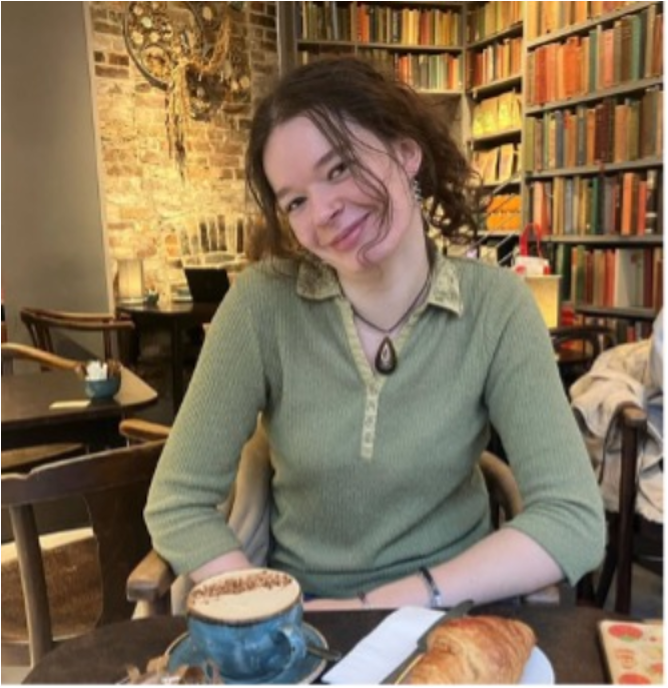
Neve Burrell (she/they/he)
Northern England Rep/ LGBTQ+ Justice Officer
Email: Neve.Burrell@amnesty.org.uk
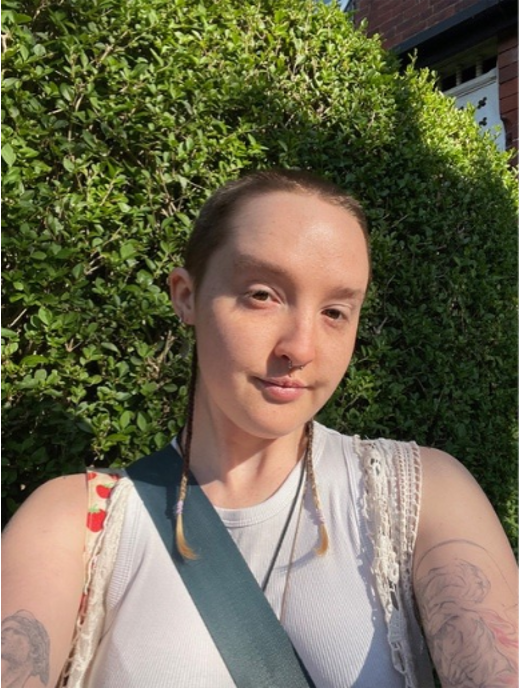
Chido Kanyoka (she/her)
Northern England Rep
Email: Chido.Kanyoka@amnesty.org.uk
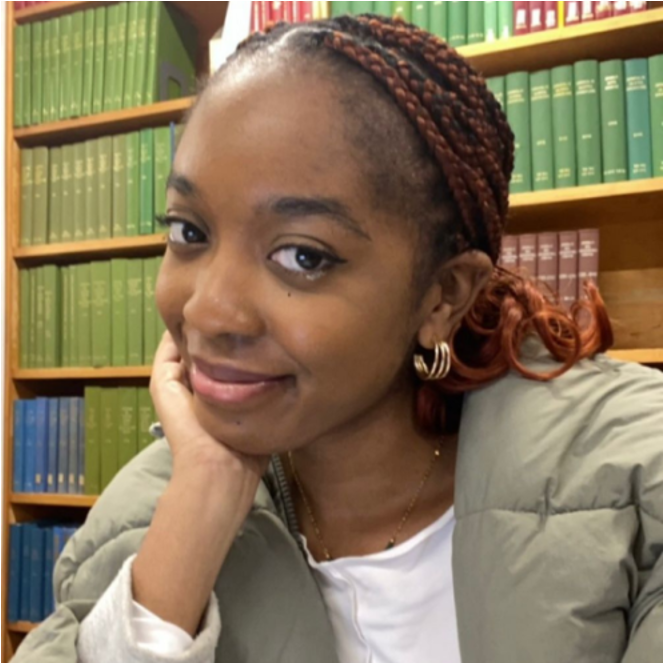
Raye Parker (they/them)
Northern England Rep
Email: Raye.Parker@amnesty.org.uk
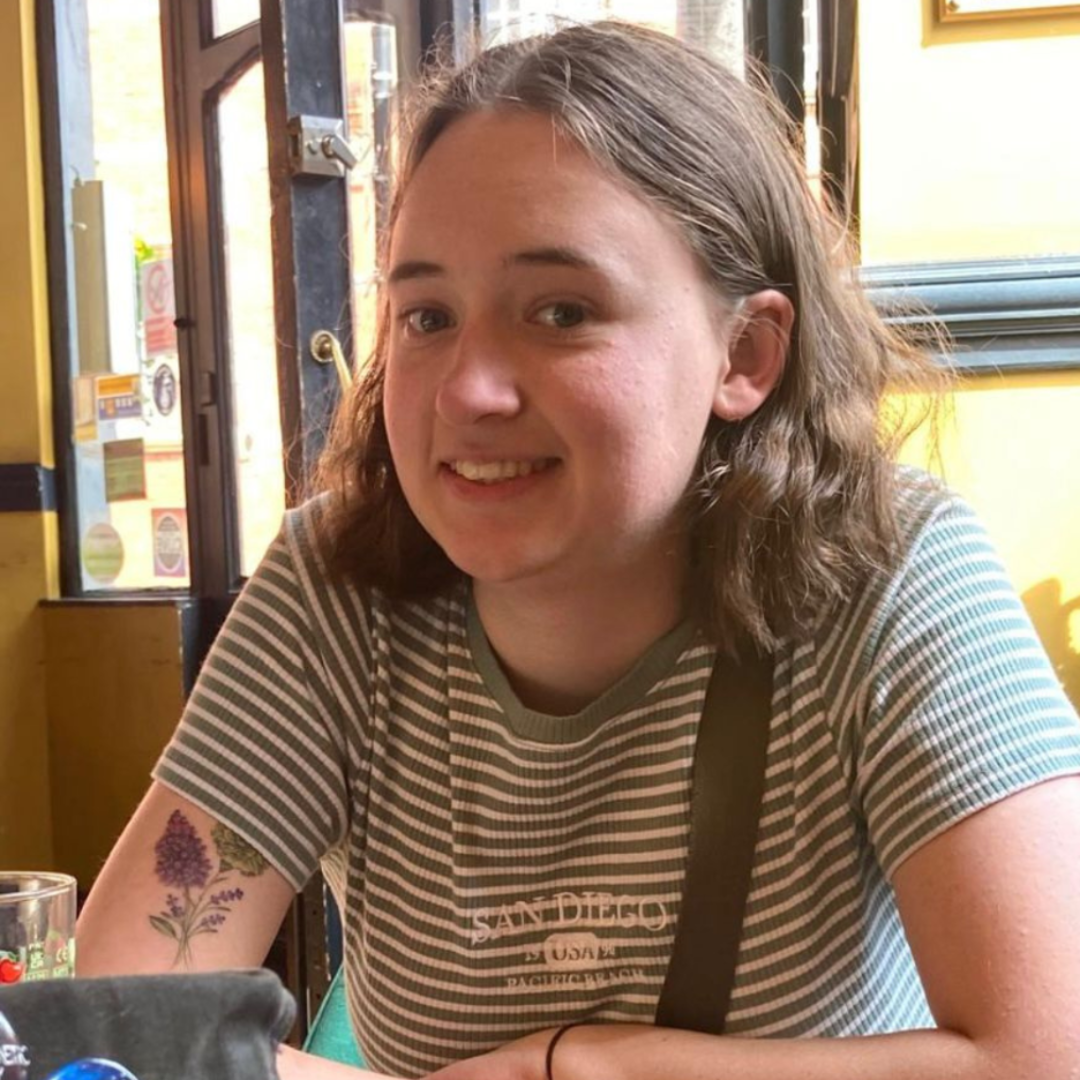
Midlands + Wales
Marvella Ukegbu (she/her)
Midlands + Wales rep/ Network Co-Chair
Email: Marvella.Ukegbu@amnesty.org.uk
Maghrib Tanveer (she/her)
Midlands + Wales rep/ Climate Justice Officer
Email: Maghrib.Tanveer@amnesty.org.uk
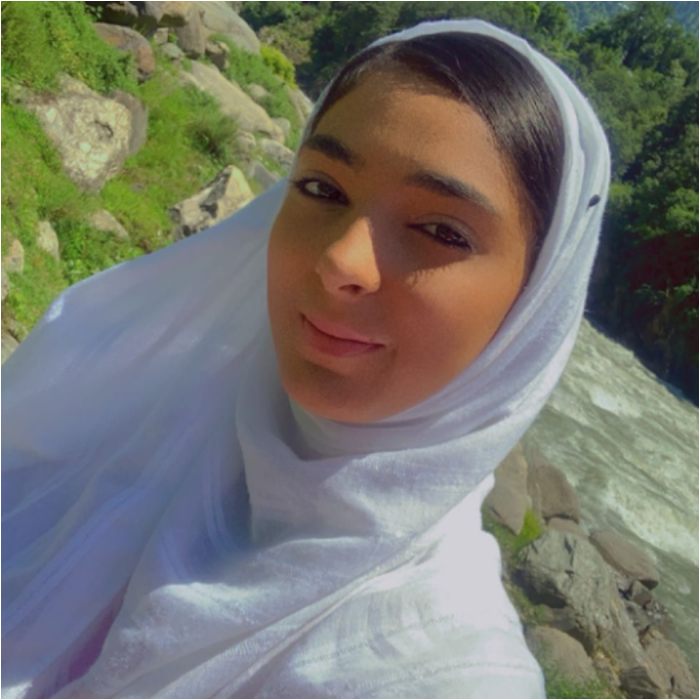
Sophia Tindal (she/her)
Midlands + Wales Rep/ Outreach Officer
Email: Sophia.Tindal@amnesty.org.uk
South England
Funto Ajijola (she/her)
South England Rep/ Gender Justice Officer
Email: Funto.Ajijola@amnesty.org.uk
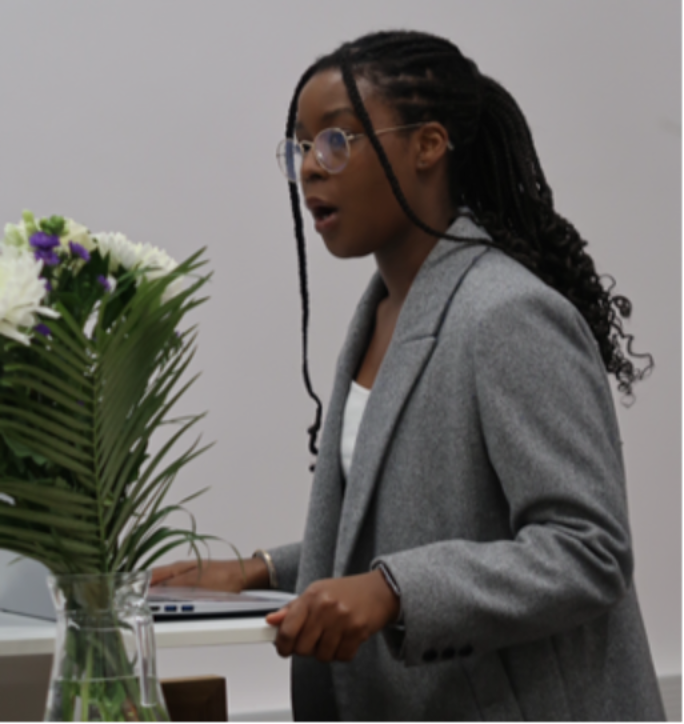
Youcef Nekkache (he/him)
South England Rep/ Socio-economic Justice Officer
Email: Youcef.Nekkache@amnesty.org.uk
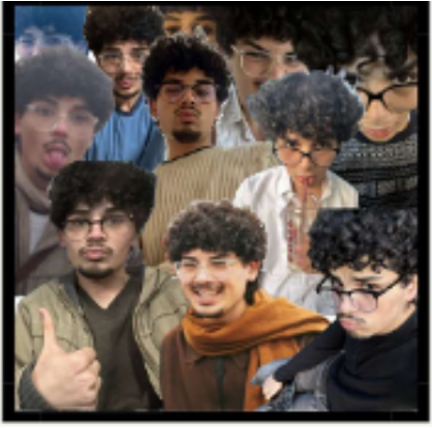
London
Adam Shaw (he/him)
London Rep/ Network Co-Chair
Email: Adam.Shaw@amnesty.org.uk
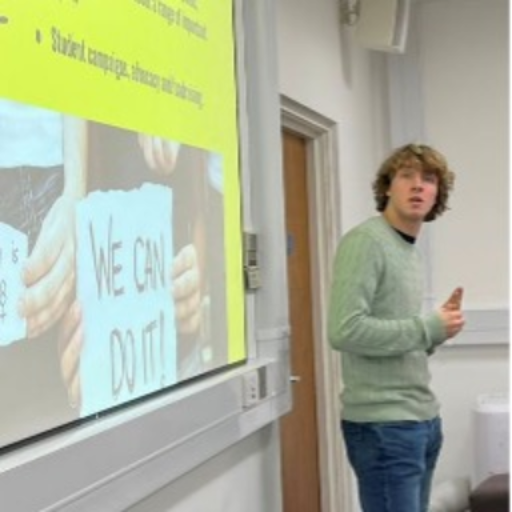
Wajiha Mahin Anwar (she/her)
London Rep/ Student-led Campaigns Officer
Email: Wajiha.MahinAnwar@amnesty.org.uk
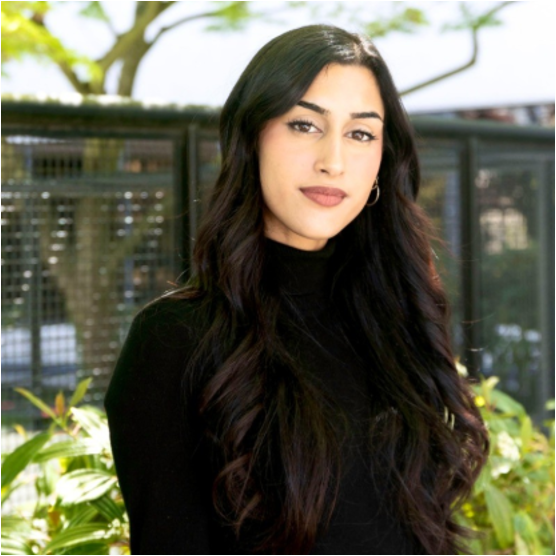
Omar Saleh (he/him)
London Rep
Email: Omar.Saleh@amnesty.org.uk
